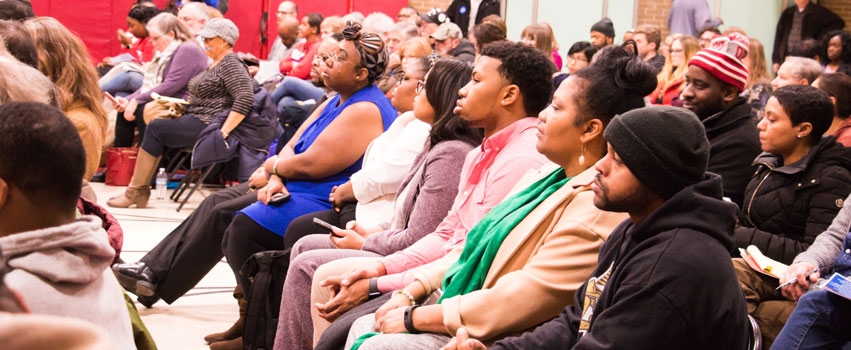Back-to-School Problem Solving
Back to school… already? But didn’t our summer just get started? So it goes. Welcome to the August issue of Peoria Magazine!
According to Deloitte’s 2019 Back to School Survey, back-to-school spending will exceed $27 billion this year, with many of those dollars going toward electronic gadgets and other technologies. Unsurprisingly, mobile devices continue to transform both the online retail environment and the classroom itself. But it’s an old “technology” that’s been the focus of many educators and community organizations this summer: books.
Align Peoria—in partnership with Peoria Public Schools, the Peoria Public Library and a host of other sponsors—came together to tackle the problem of the so-called “summer slide.” During the summer months when school isn’t in session, children often experience a decline in their reading ability and other academic skills. In contrast, a vast body of research shows that kids who read at grade level are far more successful in school. This outcome produces ripple effects that last a lifetime. That’s why reading to children at a young age is so imperative.
In May, 15 Little Free Libraries opened their little doors to children around Peoria—a community-wide effort to get books in the hands of all children. This is especially important for low-income households, who may lack the ability to purchase their own books or arrange for transportation to a library. By the beginning of summer, every Peoria public school with K-3 students had its own Little Free Library, and we thank their sponsors for making it happen.
Meanwhile, business and community leaders continue to ponder the workforce skills gap, where thousands of local jobs go unfilled because job seekers lack the relevant skills and credentials. This has been a top priority for area employers and economic development efforts for years. Just as children from low-income households face barriers to their education, under-credentialed and high-risk adults face barriers to gainful employment, including the lack of transportation and the high cost of childcare. Through a range of collaborative strategies, community leaders are exploring ways to help.
Dr. Sheila Quirk-Bailey, president of Illinois Central College, has been instrumental in these efforts—a can-do leader spearheading the charge. Partnerships with area employers, as well as four-year institutions like Bradley University and Eureka College, show promise that this dynamic can change.
Greater Peoria is rich with education options. Just as importantly, it is rich with leaders who care deeply about solving these problems. Let’s rally behind their efforts and keep the momentum going! PM
